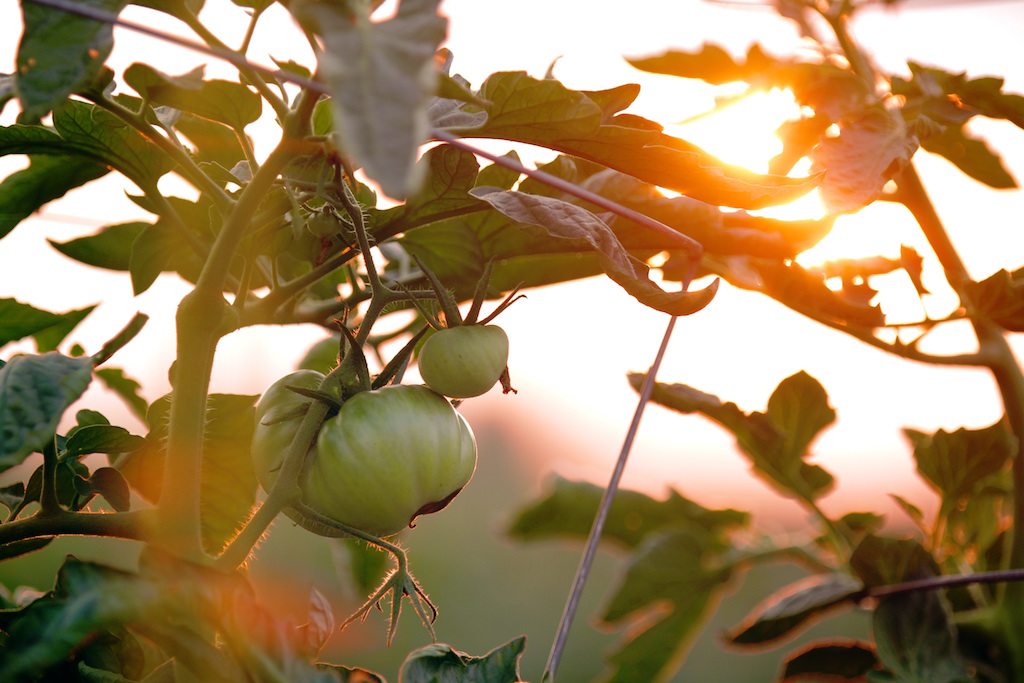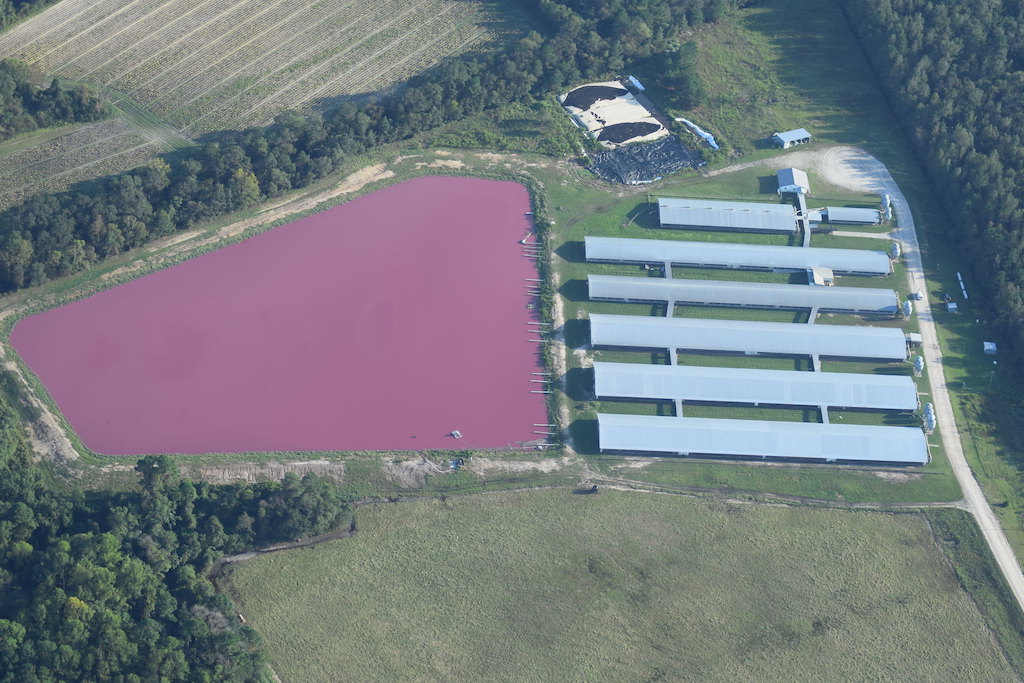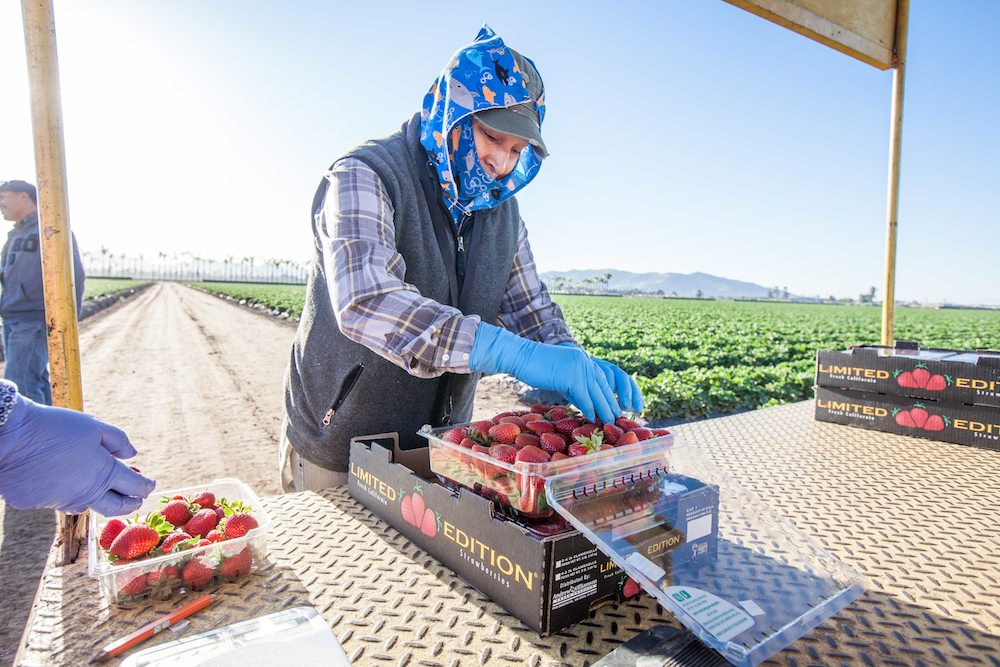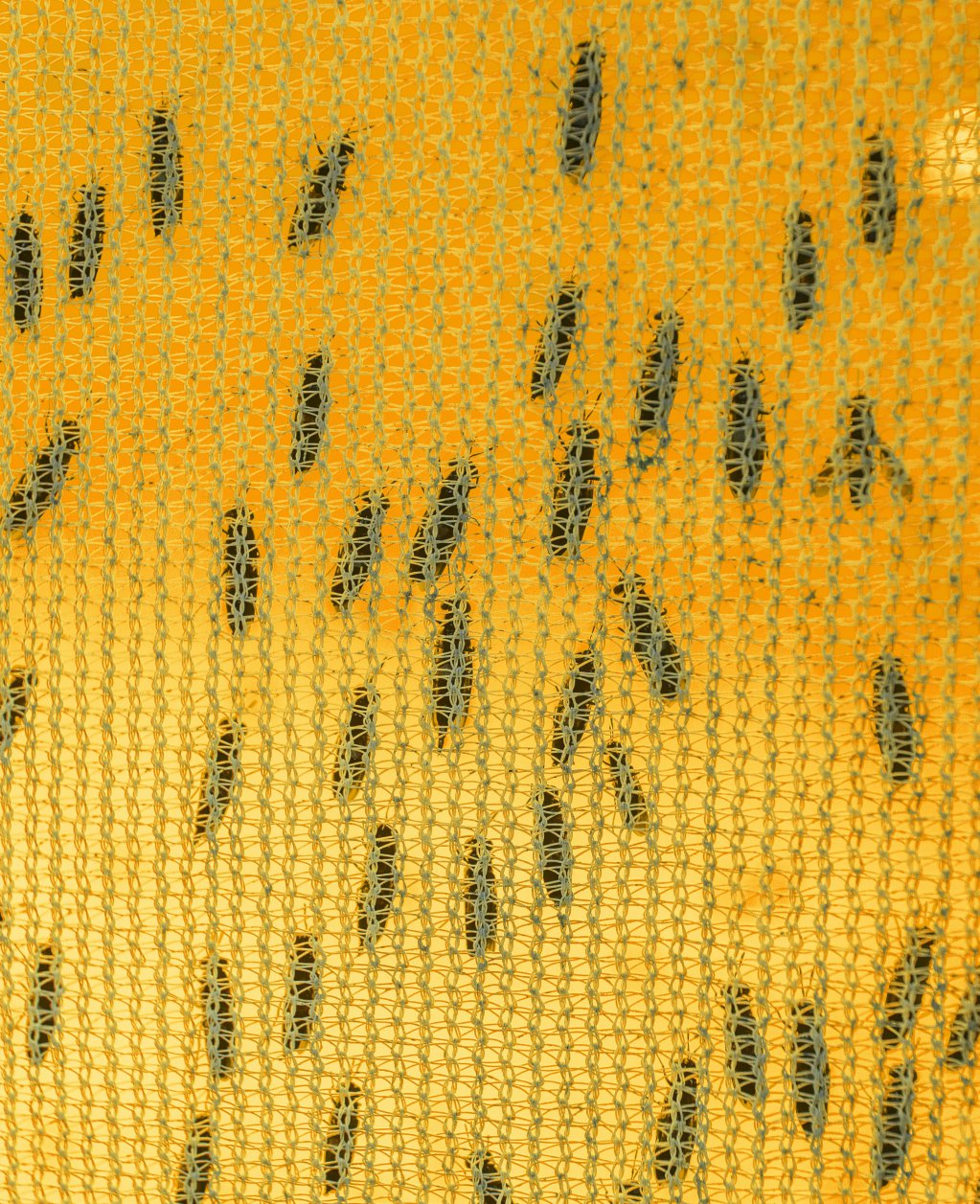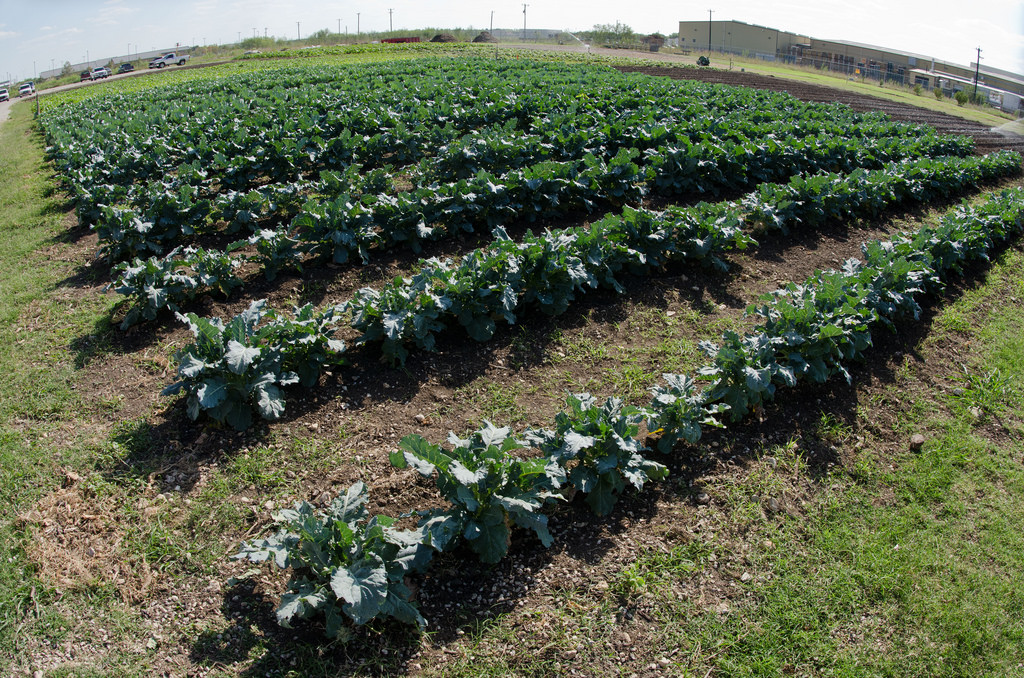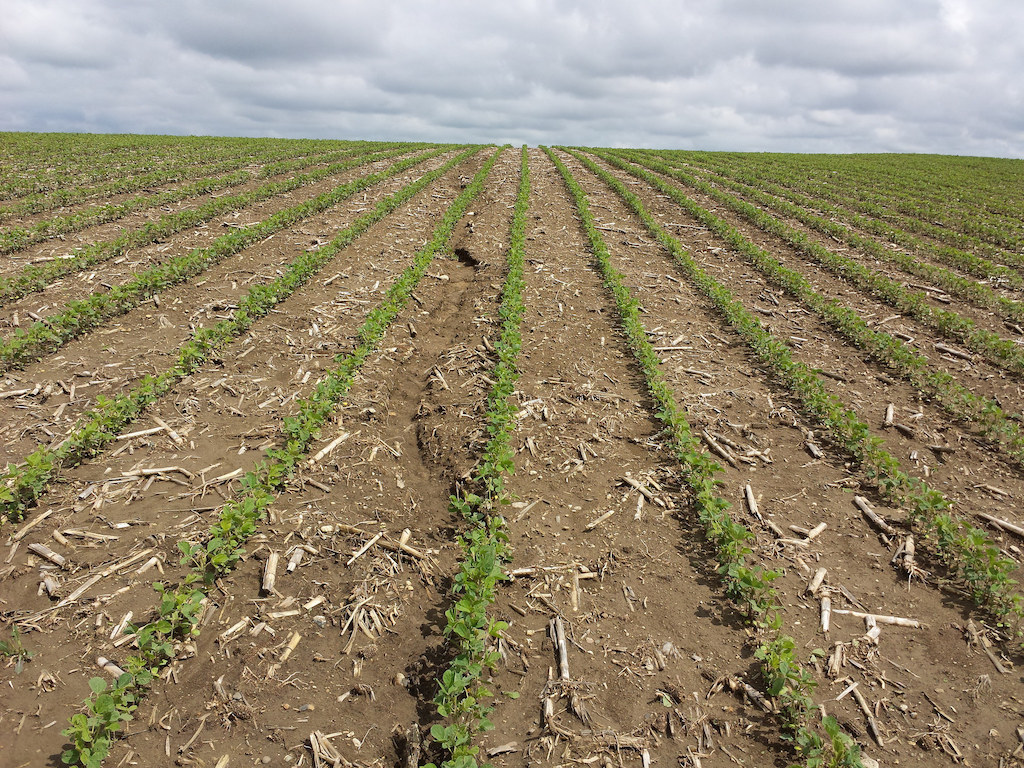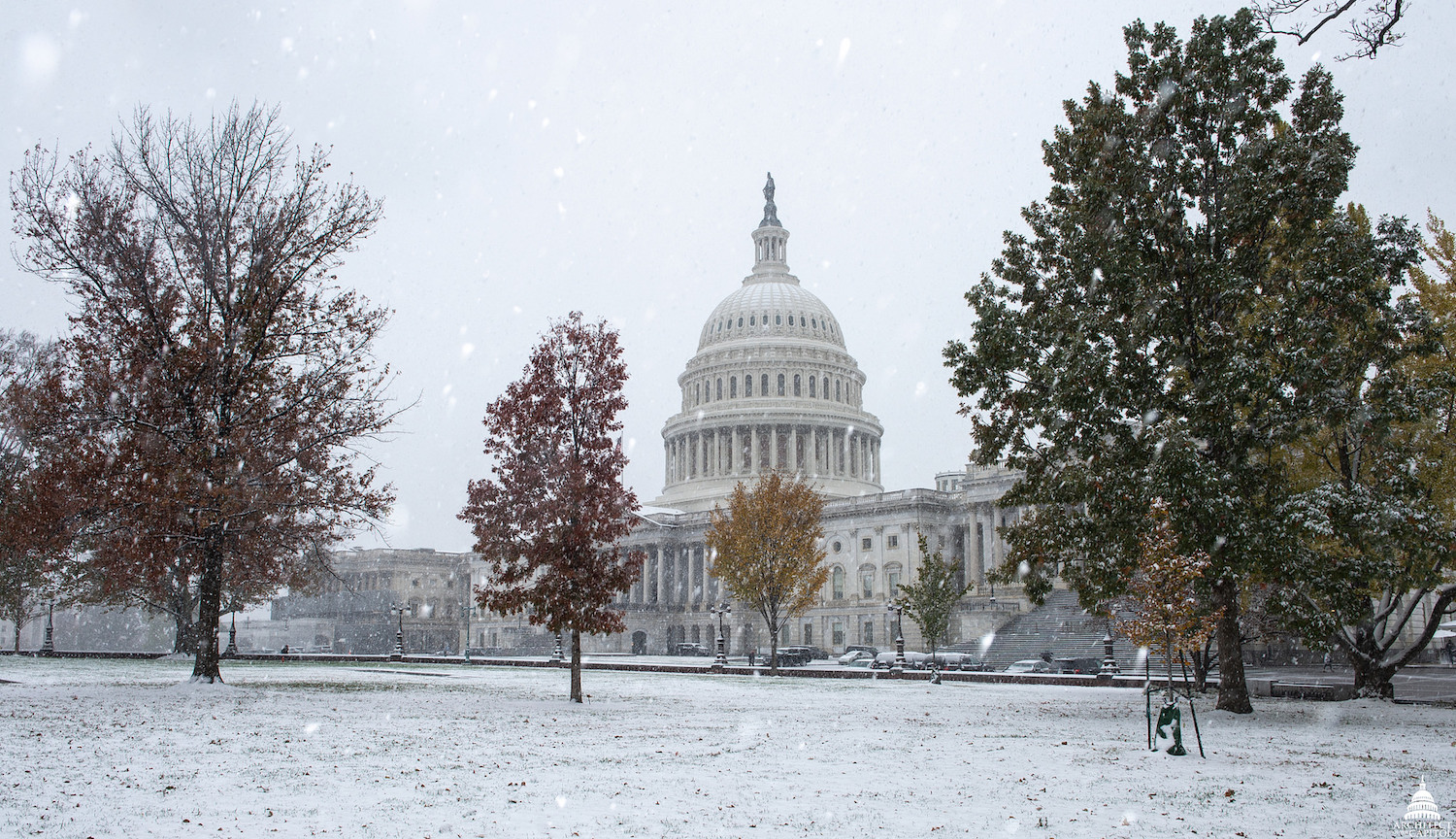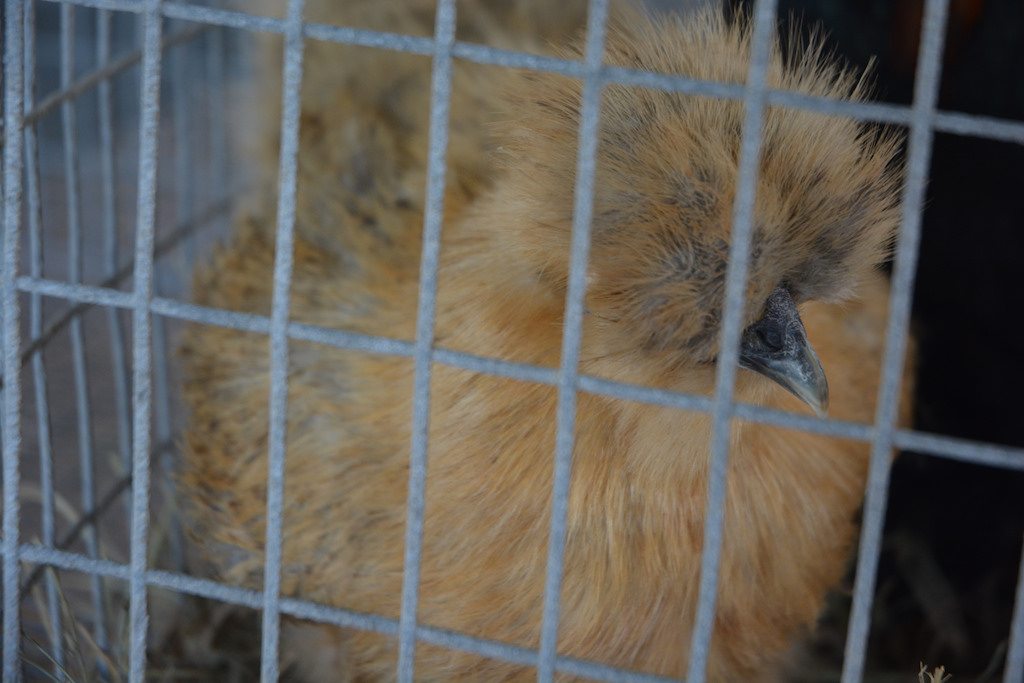
Kathleen Phillips, Texas A&M AgriLife Extension Service
When Hurricane Harvey made landfall near Corpus Christi nearly a week ago, life as Southeast Texas knew it came to a halt. But alongside her wrath, Mother Nature’s wisdom comes rushing in. As the storm was churning to where it eventually stalled—over Houston and surrounding areas—a horse was born, and then transported by his evacuee owner to a shelter in Angleton, about 45 minutes southeast of the city.
His name was Harvey.
 Kathleen Phillips, Texas A&M AgriLife Extension Service
Kathleen Phillips, Texas A&M AgriLife Extension Service This colt was born on the day the storm made landfall. His name is Harvey
Mother and colt are doing fine on Thursday at Brazoria County Animal Shelter and supply point, which is sheltering nearly 1,000 animals with similar stories. And it continues to receive, even as the initial rush of arrivals has slowed.
 Kathleen Phillips, Texas A&M AgriLife Extension Service
Kathleen Phillips, Texas A&M AgriLife Extension Service The shelter is housing nearly a thousand animals including chickens, goats, sheep, horses, and peacocks
The makeshift shelter looks a little like a county fair—in fact, it’s located right on the fairgrounds. Horses and donkeys share space with peacocks and rabbits; sheep and goats are housed alongside rare chicken breeds. The Texas A&M AgriLife Extension team is deploying its “ag strike” teams staffed by agents trained in emergency management. They are working alongside volunteers and the local Society for Prevention of Cruelty to Animals (SPCA), which is coordinating relief and recovery for companion animals (pets). Farm animals are being fed and watered by extension professionals, volunteers, and a team of veterinarians.
 Kathleen Phillips, Texas A&M AgriLife Extension Service
Kathleen Phillips, Texas A&M AgriLife Extension Service AgriLife Extension Service-Brazoria County agent Jessica Chase, far left, discusses needs at the Animal Shelter and Supply Point at Angleton with fellow AgriLife Extension agents who have arrived to help
Donations ranging from five-pound bags of kibble to full truckloads of baled hay have been pouring in from farmers, ranchers, and concerned citizens. The fairgrounds are doubling as a supply hub, distributing necessities to animal owners in need. A statewide hotline fields calls from potential donors and juggles each shelter’s wish list.
 Kathleen Phillips, Texas A&M AgriLife Extension Service
Kathleen Phillips, Texas A&M AgriLife Extension Service Donations are streaming in to help animals affected by the storm
Even as fields dry out, many farms will face a long road to recovery. Flooding can damage grazing grounds and ruin stored food supplies, and many farmers will likely have to look inland to temporarily lease additional acreage. The Texas Department of Agriculture will work to match available grazing land with the people who need it.
 Kathleen Phillips, Texas A&M AgriLife Extension Service
Kathleen Phillips, Texas A&M AgriLife Extension Service The makeshift shelter also functions as a supply point where people can pick up pet food and other necessities
Monty Dozier is the Southeast Texas regional program director for AgriLife and is responsible for the Gulf Coast region. He’s leading the operation at the fairgrounds, and this isn’t his first major hurricane. In September of 2008, Hurricane Ike devastated Texas’ agriculture industry. “Ike was our first big opportunity to do a major livestock recovery effort,” he said when reached by phone Thursday afternoon. During that storm there were thousands of animal escapees. “Because of storm surge, we had some cows that were 30 miles from home pastures,” he said, adding that his team recovered 15,000 head of cattle.
 Kathleen Phillips, Texas A&M AgriLife Extension Service
Kathleen Phillips, Texas A&M AgriLife Extension Service The shelter is a temporary home for many horses
But Harvey is an entirely different storm. And Dozier said he expects the recovery will be, too. Ike required 6 to 7 weeks. But it’s hard to know how much Harvey will demand. After all, nobody has any concrete idea exactly how much Harvey has destroyed. This storm’s havoc is largely freshwater flooding, Dozier said. Ike’s was mostly storm surge. But as for how long the shelter will be prepared to house its refugees: “It all depends on what the river does.”
 Kathleen Phillips, Texas A&M AgriLife Extension Service
Kathleen Phillips, Texas A&M AgriLife Extension Service A rancher from a nearby county donates a trailer of square hay bales
He was referring to the Brazos River, which the Houston Chronicle reported on Thursday is predicted to “continue rising through Friday,” putting nearly 200 square miles of the county at risk of being “inundated.” Friday’s flooding will come three days after a levee was breached at the Columbia Lakes subdivision, on the west side of the river, and further jeopardizes livestock grazing fields.
 Kathleen Phillips, Texas A&M AgriLife Extension Service
Kathleen Phillips, Texas A&M AgriLife Extension Service The AgriLife team has been working around the clock to care for displaced animals
That means more animal escapees to be recovered by boat and trailer. “We’ve got about 35 head being trailered to a pasture nearby as we speak,” said Dozier, meaning that 35 cows had gotten loose and were located. They’ll each need a veterinary checkup, decontamination, and lots of fresh water before the team tries to locate their owners.
 Kathleen Phillips, Texas A&M AgriLife Extension Service
Kathleen Phillips, Texas A&M AgriLife Extension Service Rabbits rest in the “protective environment” provided by the shelter
Dozier said he has heard that still more cattle are gathered on the levees. To catch them, extension staff will scatter feed nearby. Once the animals congregate around their food, they’ll be easier to coax into a vehicle.
 Kathleen Phillips, Texas A&M AgriLife Extension Service
Kathleen Phillips, Texas A&M AgriLife Extension Service An interior view of the shelter structure
 Kathleen Phillips, Texas A&M AgriLife Extension Service
Kathleen Phillips, Texas A&M AgriLife Extension Service Among the more exotic evacuees: Turkeys, turtles, and peacocks
 Kathleen Phillips, Texas A&M AgriLife Extension Service
Kathleen Phillips, Texas A&M AgriLife Extension Service Chickens coexist at the Brazoria County shelter. There are several similar holding facilities set up around the state
During that flood, another horse was born. His owners called him Brazos. He’s 14 months old.
And now he’s back at the shelter for a second stay.
Want to help? AgriLife has set up this hotline: 979-845-7800 to accept donations (including supplies), which will be matched to the Gulf Coast area with that particular need.


